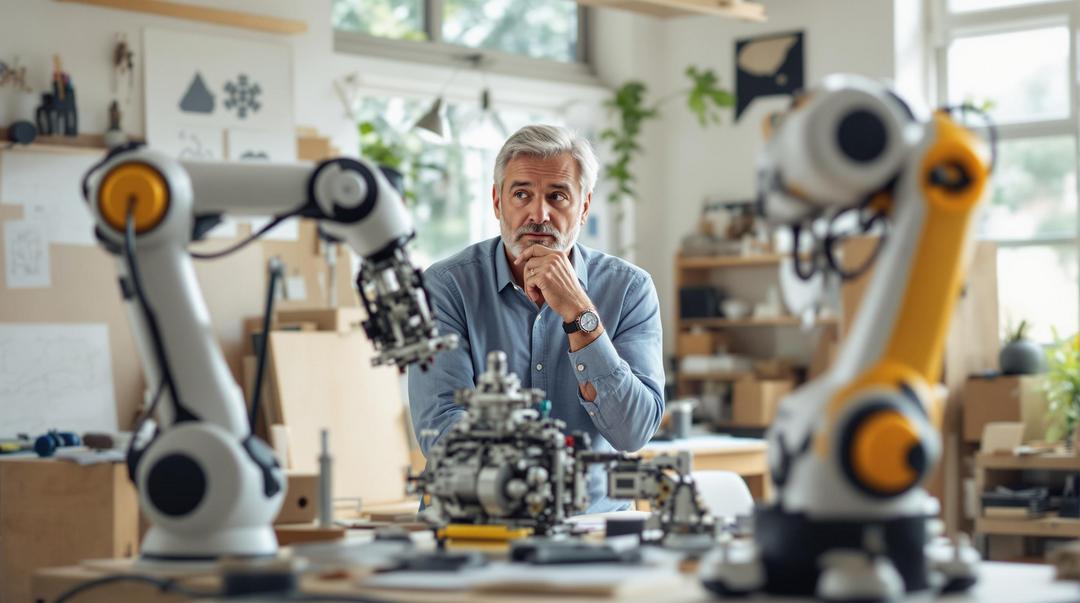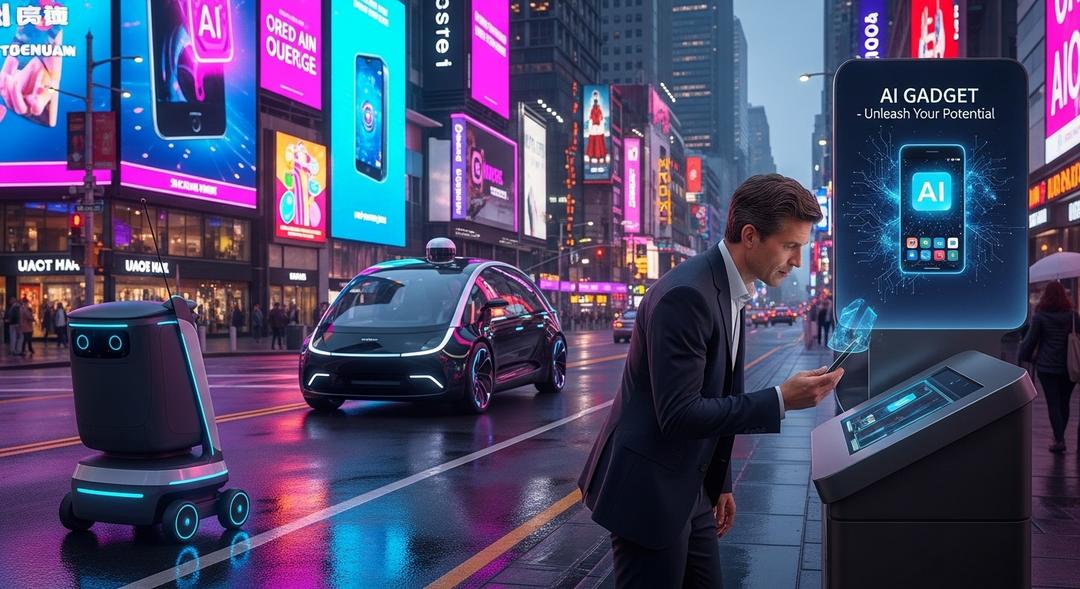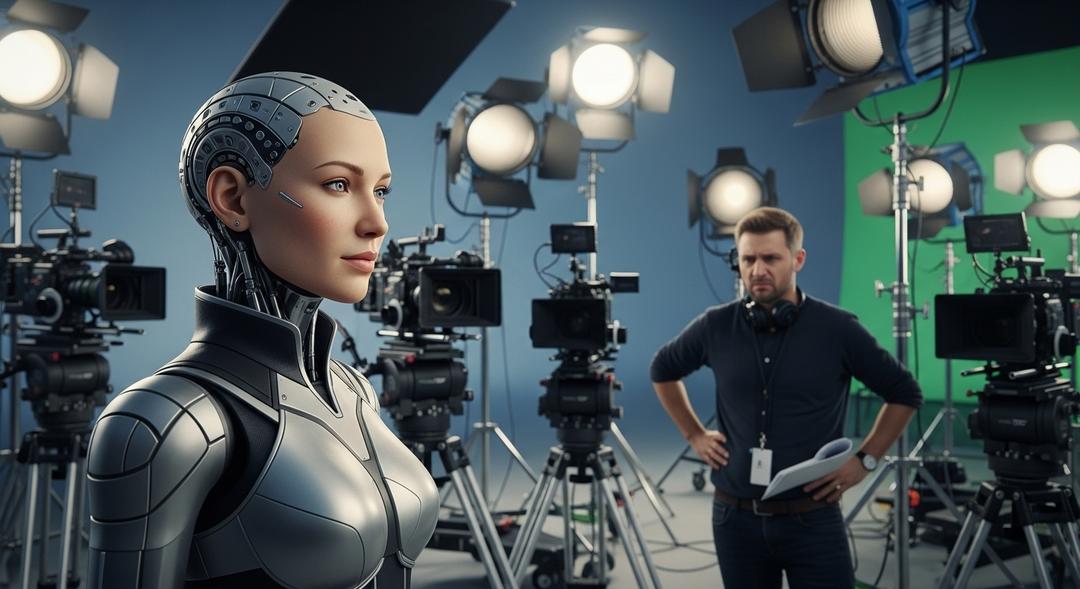A seven year old child breezes through puzzles that leave advanced artificial intelligence models baffled.
The gap does not come from computer size or sheer processing might. Rather, humanity’s secret is its deep connection to the world and its startling knack for learning through real life experience. From the moment we are born, we reach, touch, smell, and watch, building a grounded sense of everything around us.
A computer has to process endless images of cats in every possible situation just to grasp the idea of “cat.” Even then, show it a cat doing something unexpected and it might freeze. Meanwhile, a child needs only brief contact with a cat or two to lock in the concept forever.
Humans draw general rules from almost nothing. That blend of instinct and flexible thinking cannot be installed with more code or stacked hard drives.
Brains Versus Processors: The Energy Factor
A computer in a self driving car guzzles massive amounts of energy to perform even basic tasks. The human brain operates on just a sip of power by comparison, smoothly navigating roads, recognizing faces, and making snap judgements.
At a moment when the climate crisis commands urgent attention, those stark energy demands set human intelligence in a different light. “We should value the incredible efficiency and inventiveness of human intelligence. Those are qualities we all possess because we are alive,” said Sheila Hayman of Cambridge University’s Minderoo Centre for Technology and Democracy.
Even as AI labs race to train ever bigger language models, the technology reveals its limits again and again. Mistakes pile up in problems that seem simple. Ask ChatGPT a basic math question built on a false premise and the answer may come back wrong, or worse, not come back at all.
Graham Taylor from New South Wales sees it plainly. “AI doesn’t reason,” he said. “It is a blend of logic routines and brute force. These systems are excellent at summarizing information and rewording sentences. Real reasoning remains out of reach.”
Repeated queries may get AI models closer to a sensible answer over time, but Taylor believes this is still not genuine reasoning. It is just the result of more training, not understanding in any human sense.
The conversation keeps circling back to a simple truth: scaling up machines is not the path to real intelligence as highlighted in the illusion of thinking in machines. The magic, for now, seems to belong on the human side of the equation, which is also discussed in how human brain outsmarts AI in energy efficiency.








